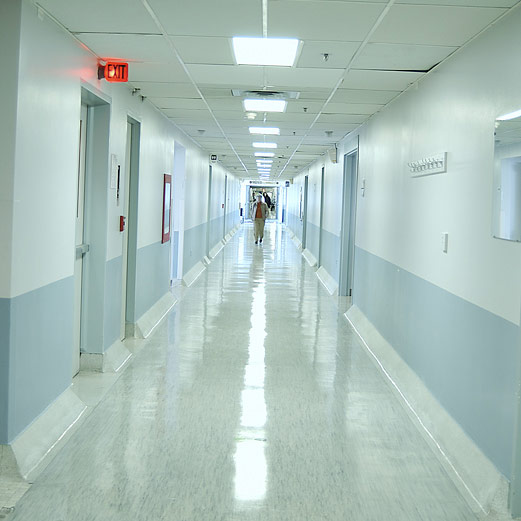
Here are some of the latest health and medical news developments, compiled by the editors of HealthDay:
Neanderthals May Have Passed on Diabetes Risk Gene
Thanks to interbreeding between modern humans and Neanderthals some 60,000 years ago, a gene variation that raises the risk for diabetes appears in up to 20 percent of people in Mexico and Latin America, a new study suggests.
This higher-risk version of the gene — known as SLC16A11 — makes diabetes 25 percent more likely in people who carry the gene, and 50 percent more likely in those who inherited copies from both parents, according to the study published Dec. 25 in Nature.
Researchers Jose Florez and colleagues analyzed samples from more than 8,000 people. Further analysis showed the gene variation matched that in a newly sequenced Neanderthal genome from Denisova Cave in Siberia, according to BBC News.
“To date, genetic studies have largely used samples from people of European or Asian ancestry, which makes it possible to miss culprit genes that are altered at different frequencies in other populations,” Florez, an associate professor of medicine at Harvard Medical School, told BBC.
Up to half of people with recent Native American ancestry have been found to carry the higher-risk gene type, according to the BBC.
“By expanding our search to include samples from Mexico and Latin America, we’ve found one of the strongest genetic risk factors discovered to date, which could illuminate new pathways to target with drugs and a deeper understanding of the disease,” Florez said.
Copyright © 2026 HealthDay. All rights reserved.

